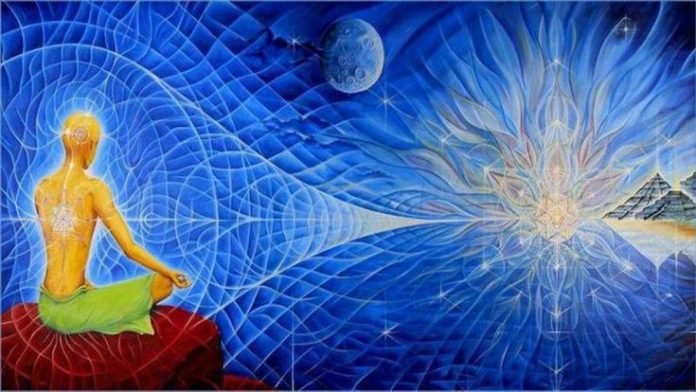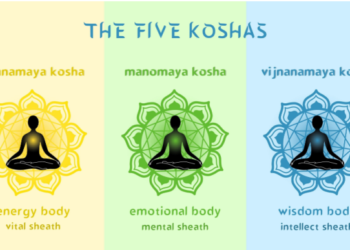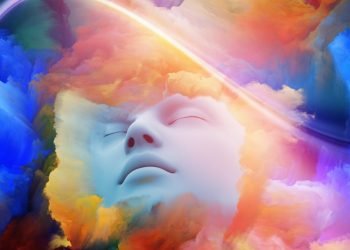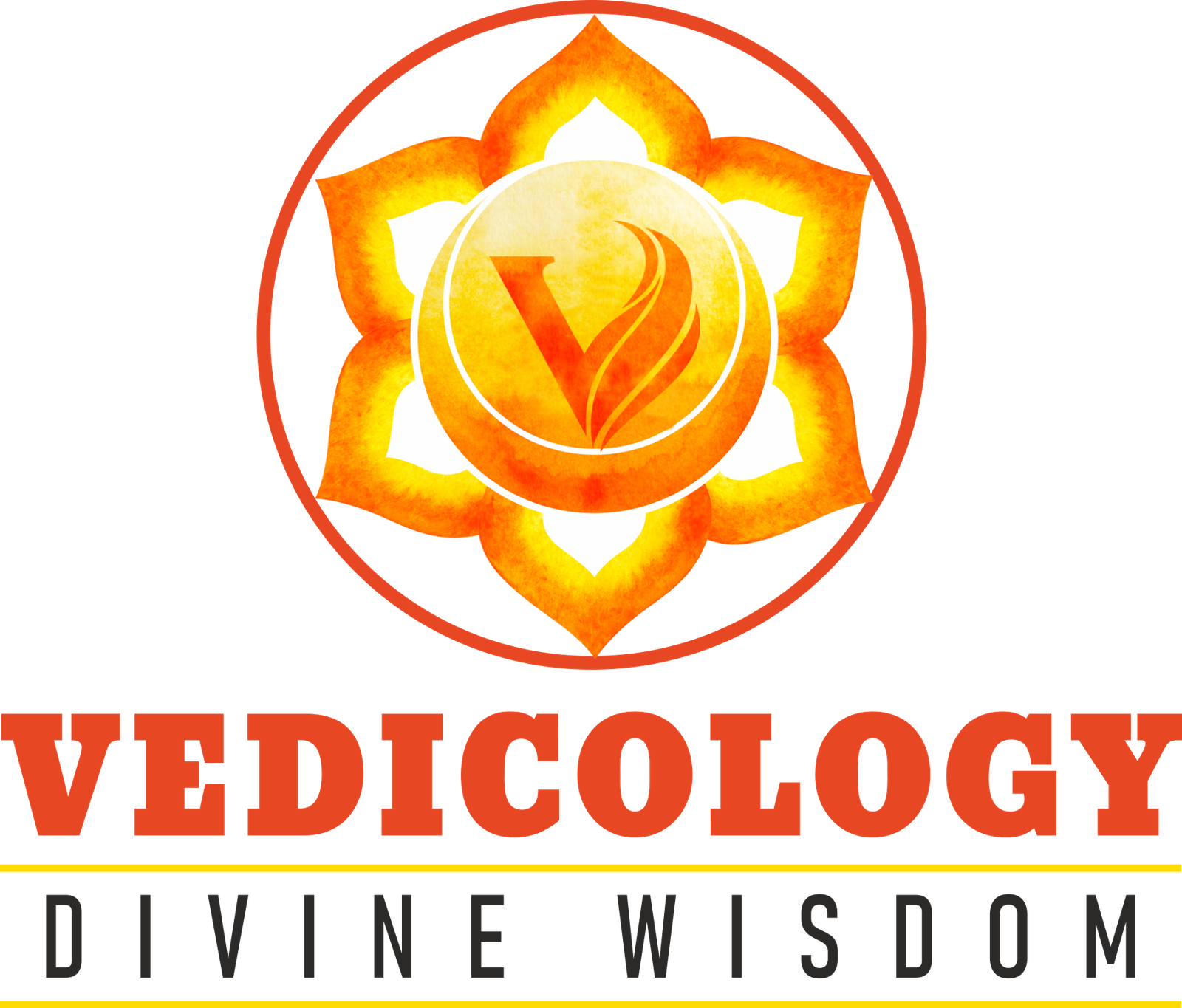Do you know what is keeping you bound? Are you in search of spiritual liberation? But first, do you know the meaning of spiritual liberation? What is Mokṣha, or Liberation? How is Moksha achieved? It is freedom from all bondage through knowledge of the Self. Would you like to know more?
What is Moksha?
Moksha in the literal sense means freedom or liberation. Another meaning also translates to spiritual liberation from rebirth or samsara. In Hinduism, this is the central concept. Throughout the three stages of life, the aim is to attain it through three paths – dharma, artha, and kama. Attainment of self-realization is possible during the following stages. Firstly, we can attain self-realization while living in the world, referred to as jivanmukti. Secondly, we can achieve it upon departure from the gross body, called videhamukti. Finally, one can also reach it during stages after leaving the gross body, named kramamukti.
Avidya
Moksha is difficult to achieve because we consider ourselves bound. The reason we do so is due to avidya, otherwise called ignorance. When we are ignorant of one’s true nature, it results in a false sense of separateness, incompleteness, and limitation. Avidya conveys itself as the three gunas. It leads one to recognize with their body, mind, and intellect. As a result, it shows the individual to believe that he is limited and bound by time, space, and object.
For example, due to ignorance, I fail to figure out that I am unaware of the fact that I am born and, therefore, will have to die. Therefore, I can’t achieve Moksha. I fail to see that I need other things to be happy. Such identification and sense of individuality appear to be bondage. When I don’t recognize my true nature, it leads to confusion and worries about who I am.






